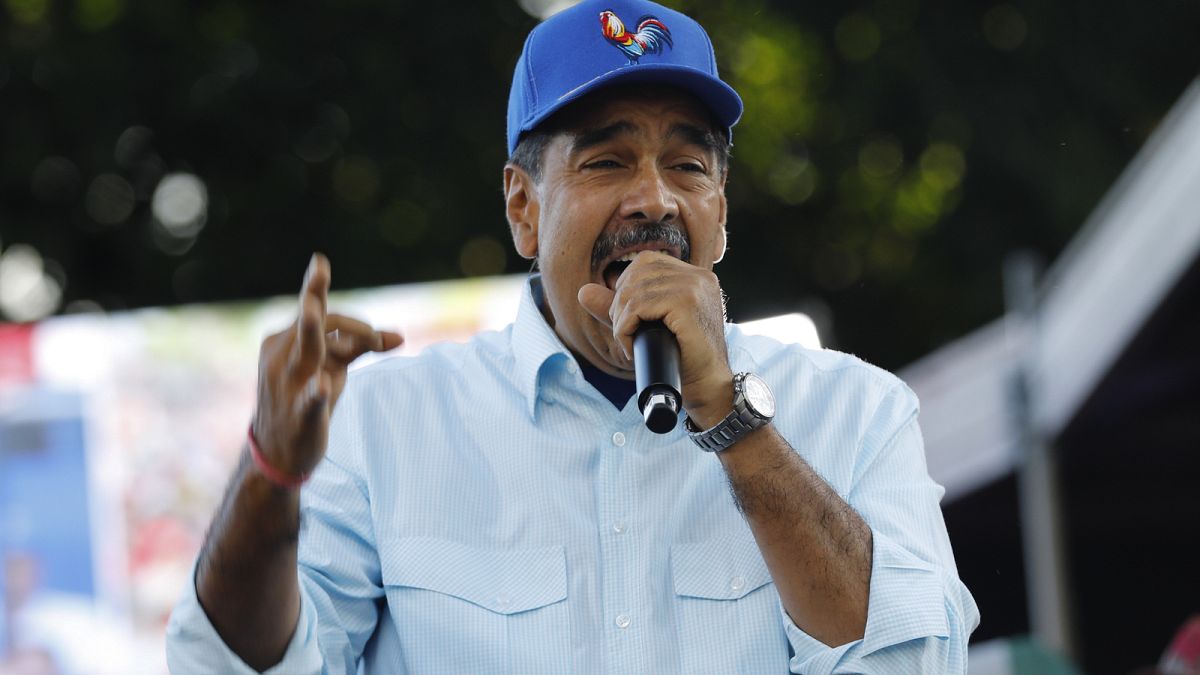Nicolás Maduro, the president of Venezuela, has been facing criticism from the European Union after the bloc questioned the decision by Venezuela’s top court to ratify Maduro’s victory in the presidential election. The EU’s top diplomat, Josep Borrell, expressed concern about the political crisis in Venezuela and suggested that opposition leader Edmundo González Urrutia may have actually won the election. Despite the opposition’s claims that Maduro lost by a significant margin, the court upheld his re-election last week. The EU is calling on Venezuela’s electoral authority to release verified results to ensure that the will of the Venezuelan people is respected.
Maduro has launched a war of words against Borrell, accusing him of supporting the “Palestinian holocaust” and being “complicit in the massacre in Gaza.” He also claimed that Borrell was being influenced by the US and was instigating an “open war against Russia from Ukraine.” Maduro’s insults come as the EU expressed doubts about the legitimacy of his election victory and called for transparency in the release of voting records. The US and ten Latin American governments have also rejected the court’s decision to uphold Maduro’s re-election.
The EU has called for full and independently verifiable results to be published by Venezuela’s electoral authority, expressing concerns that the final count does not match the authorities’ claims. The EU’s foreign ministers are set to discuss their response to the political crisis in Venezuela during a meeting in Brussels. Any declaration or action would require the unanimous backing of all 27 EU member states. Calls for new sanctions against Maduro’s regime have been considered premature by the EU, but the bloc has previously introduced sanctions in response to the 2018 re-election of Maduro, which was deemed unfree and unfair.
The relationship between the EU and Venezuela has deteriorated since the EU denounced Maduro’s 2018 re-election, leading to the introduction of sanctions as part of international efforts to weaken Maduro’s grip on power. The EU’s stance on the presidential election in Venezuela has prompted a strong reaction from Maduro, who has accused Borrell of being part of a broader conspiracy against his government. Despite the opposition’s claims of victory, Maduro remains in power with the support of the country’s top court, which is mostly composed of his loyalists. The EU’s continued pressure for transparency in the electoral process reflects the international community’s concerns about the state of democracy in Venezuela and the legitimacy of Maduro’s presidency.











